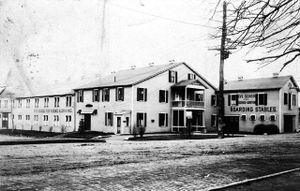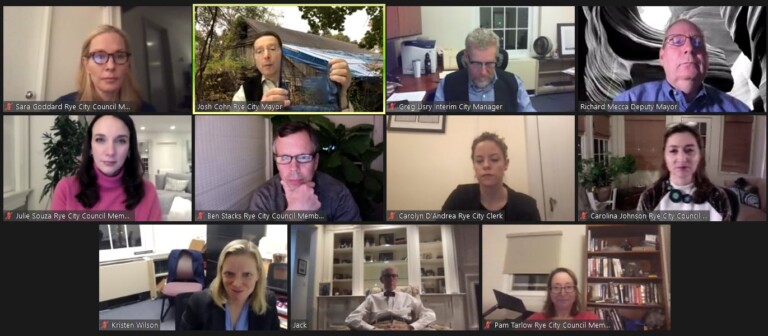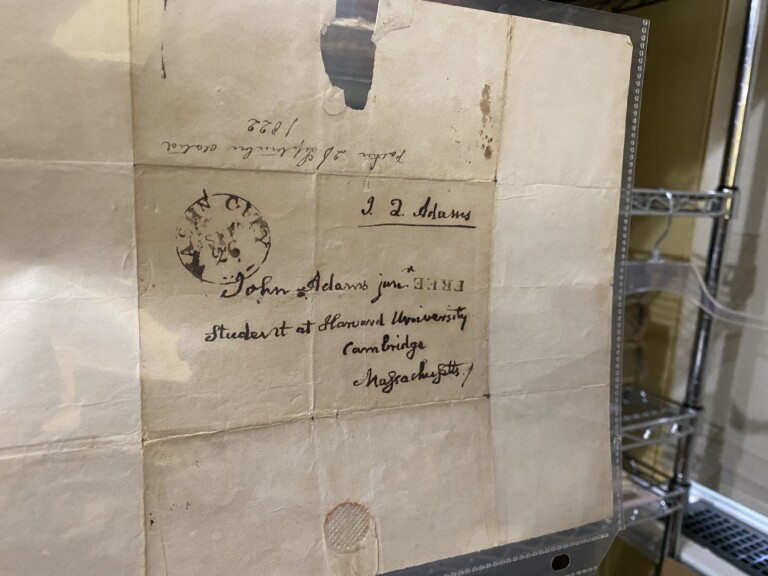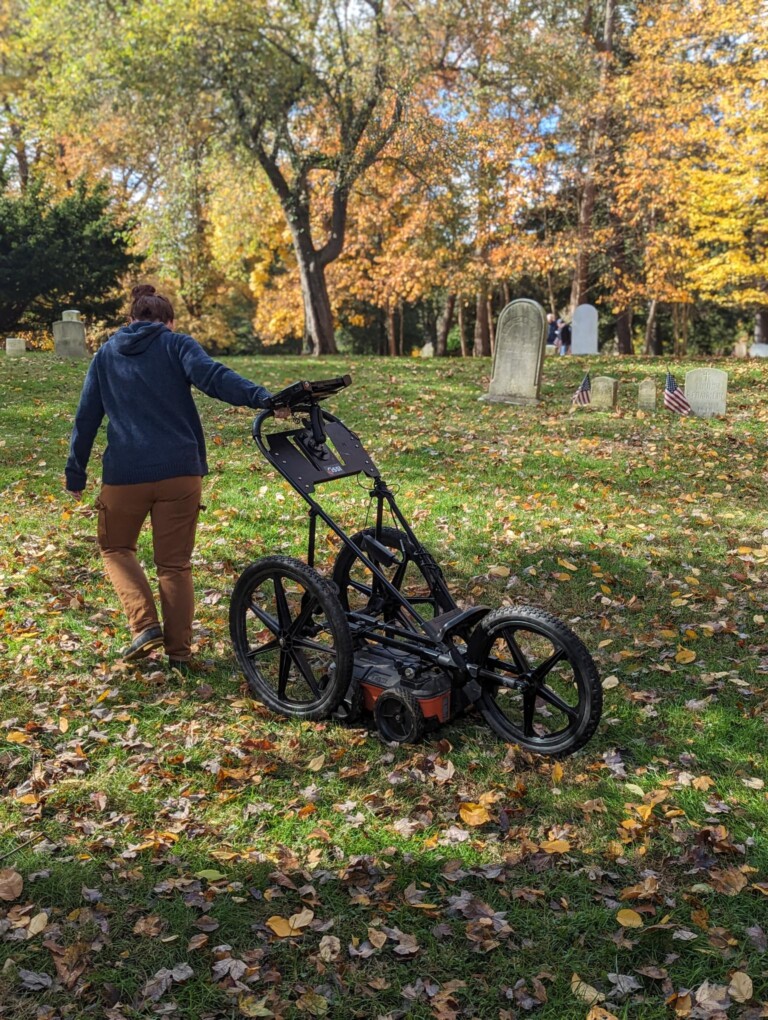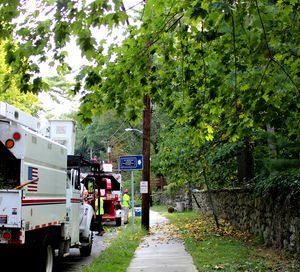For Rye’s Jay House, A New Chapter
(PHOTO: New York State Deputy Parks Commissioner Tom Alworth, JHC President Suzanne Clary and Westchester County Executive Rob Astorino.)
Responsibility for the full restoration and long–term maintenance of the historic John Jay Property in Rye, the boyhood home of a Founding Father and the nation’s first Chief Justice, will be turned over to the Jay Heritage Center (JHC), under terms of a license agreement announced Friday by Westchester County Boss Rob Astorino.
This agreement is designed to ensure the preservation of the nationally significant property and serve as a model of cooperative stewardship that can be emulated nationwide. It will also advance shared goals of New York State , Westchester County and non-profits like JHC to promote heritage tourism by making historic resources more accessible to the public.
In the 1980s the Jay House and the adjacent Marshlands Conservancy was threatened with development. And as recently as 2010, the County, the State and the Jay Heritage group were after each other for contaminated fill dumped at the site by the County.
“It has been over 20 years since the county, working with New York State , came to the rescue of the Jay Property, saving it from demolition,” said Astorino. “Now the county is stepping in again with an innovative public/private partnership to preserve it for future generations."
The property is located adjacent to the county’s Marshlands Conservancy. The county and the state jointly own 21.5 acres of the site; the Jay Heritage Center owns the other 1.5-acre parcel, which contains the 1838 Jay House, built by Jay’s son on the site where his father grew up.
The new license agreement will transfer oversight for the upkeep of the property and investment in significant capital infrastructures to the Jay Heritage Center , which will raise funds as a private 501 (c) 3 and also apply for grants. Tax deductible donations from individuals and corporations will be accepted to help restore the historic meadow, the gardens, the apple orchards and rehabilitate historic structures for public educational uses as lecture halls, classical music spaces and art galleries.
At a press conference at the site, Astorino was joined by Rye City Mayor Doug French and Suzanne Clary, president of the Jay Heritage Center , as well as New York State Parks Deputy Commissioner Tom Alworth to announce the agreement, which must be approved by the county’s Parks Board, the Board of Acquisition and Contract, and the State Comptroller’s Office.
The Jay Property was designated a National Historic Landmark in 1993 as part of the Boston Post Road Historic District. It was also named to the Westchester County African American Heritage Trail in 2004. Most recently in 2009, it became 1 of only 100 Congressionally funded sites in the Hudson River Valley National Heritage Area based on the importance of its architecture, its landscape and themes of freedom and dignity that its 10,000-year-old history embodies.
The main terms are:
- The county and state, as owners, will grant a 10-year license, which is renewable after the initial term, to the Jay Heritage Center for the use of the property. This will give the Jay Heritage Center the ability to raise funds to operate the park and make improvements.
- The county and state will have the right to approve or disapprove any physical alterations to the property.
- The property will continue to be operated and maintained as state and county parkland and will be accessible to the general public. The JHC may establish admission fees, subject to approval by the state and the county consistent with county fee structures.
- JHC will create and pay for a specific maintenance and restoration schedule detailed in the agreement, dealing with landscape, invasive plant removal and restoration of historic structures, among other things.
- The county will continue to police the property.
- The county will no longer spend approximately $25,000 annually to maintain the property, and JHC the center will be responsible for ongoing maintenance and the capital improvements that the property requires.
- The county will remain responsible for the costs of any environmental remediation that may be required on the property for conditions that existed prior to the license agreement. Any environmental remediation required as a result of JHC’s restoration work will be the responsibility of JHC.

![IMG_2514[1] IMG_2514[1]](https://myrye.com/wp-content/uploads/2012/10/6a00d8341d20cd53ef017ee404f9b2970d-300wi.jpg)
